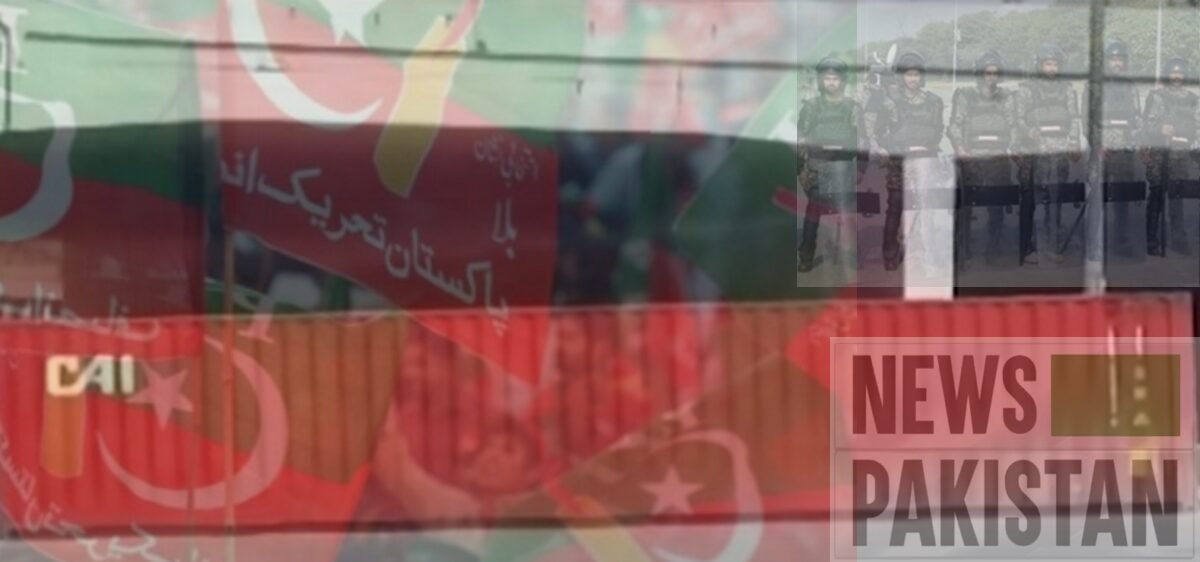KARACHI: Sindh Chief Minister Syed Murad Ali Shah and World Bank delegation have, in principle, agreed to start $ 2 billion projects for the Metropolis to make the city one of the most developed and beautiful cities of the world.
It was decided in a meeting of the CM Sindh with the World Bank 16-member team was led by Country Director Patchamuthu Illangovan, said a statement on Monday. The projects which came under discussion and were agreed to start include Karachi Urban Mobility Project (KUMP) of $400 million dollars; Karachi Water & Sewerage Services Improvement Project (KWSSIP) of $1.6 billion and Competitive and Livable City of Karachi (CLCK) of $230 million.
The other delegates were Senior Director Ede Jorge Ijjasz-Vasquez, Practice Manager David Seth Warren, Operation manager Melinda Good, Program Leader Lixin Gu, Transport Specialist Said Dahdah, Sr Urban Economist Ms. Yoonhee Kim, Sr Water Management Specialist Andreas Rohde, and others.
The chief minister was supported by Local Government Minister Saeed Ghani, Excise Minister Mukesh Chawla, Transport Minister Awais Qadir Shah, Advisor Murtaza Wahab, Chairman P&D Mohammad Waseem, Principal Secretary Sajid Jamal Abro, concerned provincial secretaries, MD Water board and others.
Karachi Urban Mobility Project (KUMP) is aimed at improving urban mobility, especially for women accessibility and road safety. Under this project BRT Yellow Line corridor including infrastructure rehabilitation and BRTS system to be constructed. The World Bank experts would also undertake capacity building of Sindh Mass Transit Authority (SMTA) to manage all the BRT system. The World Bank would finance the rehabilitation of the roads, footpaths and develop other relevant infrastructure.
The chief minister discussed this project with the World Bank team and said that we are working on the KCR project but even then there is a dire need of Urban transport system of BRT. The World Bank Country Director agreed to take up the project and urged the transport department to furnish all the relevant documents,
PC-I and another layout plan with them so that it could be sent for
final approval from their board. Syed Murad Ali Shah said that he wants to establish the Karachi Water and Sewerage Board (KW&SB) as the most efficient, effective and service delivery institution. There is a need for restructuring of water and rehabilitation of its entire water supply and drainage system and to achieve this object the support of the World Bank was required, the chief minister said.
The World Bank has studied the problems of water on the request of Sindh government and envisaged a plan under the name of KWSSIP. The purpose of the program is to provide safe and reliable water and sewerage services and encourage private sector investments on water supply and wastewater treatment. The World Bank experts said that reforms in water board were required in three sectors include raising operational capacity for safe, sustainable and equitable water service delivered to all customers.
The second one is the restoration of the Water Board’s financial stability and third reform was required in governance and institutional reforms in the water board. The Sindh government and the World Bank agreed to approve the project for which all legal formalities would be completed within a month and the project would be sent to the World Bank board for approval. The chief minister formed a committee under Chairman P&D Mohammad, MD Water Board Asadullah Khan, and PD K-IV Asad Zamin to meet all the requirement of the world bank and submit them PC-I and other
documents. The Sindh Chief Minister said that under the Competitive and Livable City of Karachi (CLCK) project he wants to enhance urban management and service delivery of Karachi Metropolitan Corporation and all DMCs of the city. The World Bank Country Illangovan said that his team has already worked on the project and have prepared a design features for the performance-based block grant.
The plan calls for incentivizing institutional performance and improvement for KMC and DMcs. The performance-based block grants to be used for capital investment program for KMC and DMCs and the Local government department would also be provided technical support. Institutional reforms would be introduced in KMC and in all six DMCs. Property Tax survey would be conducted and all the payments, including salaries, receipts of local taxes, property tax and payment of bills etc would be made electronically.
All the manual system would be replaced with a digital/electronic system. The project was approved in principle and would be placed in the World Bank board for final approval. The chief minister and the world bank set deadlines for completion of documentation for all the three projects as for CLICK by early April, KWSSIP by the end of March and KUMP by end of March.











